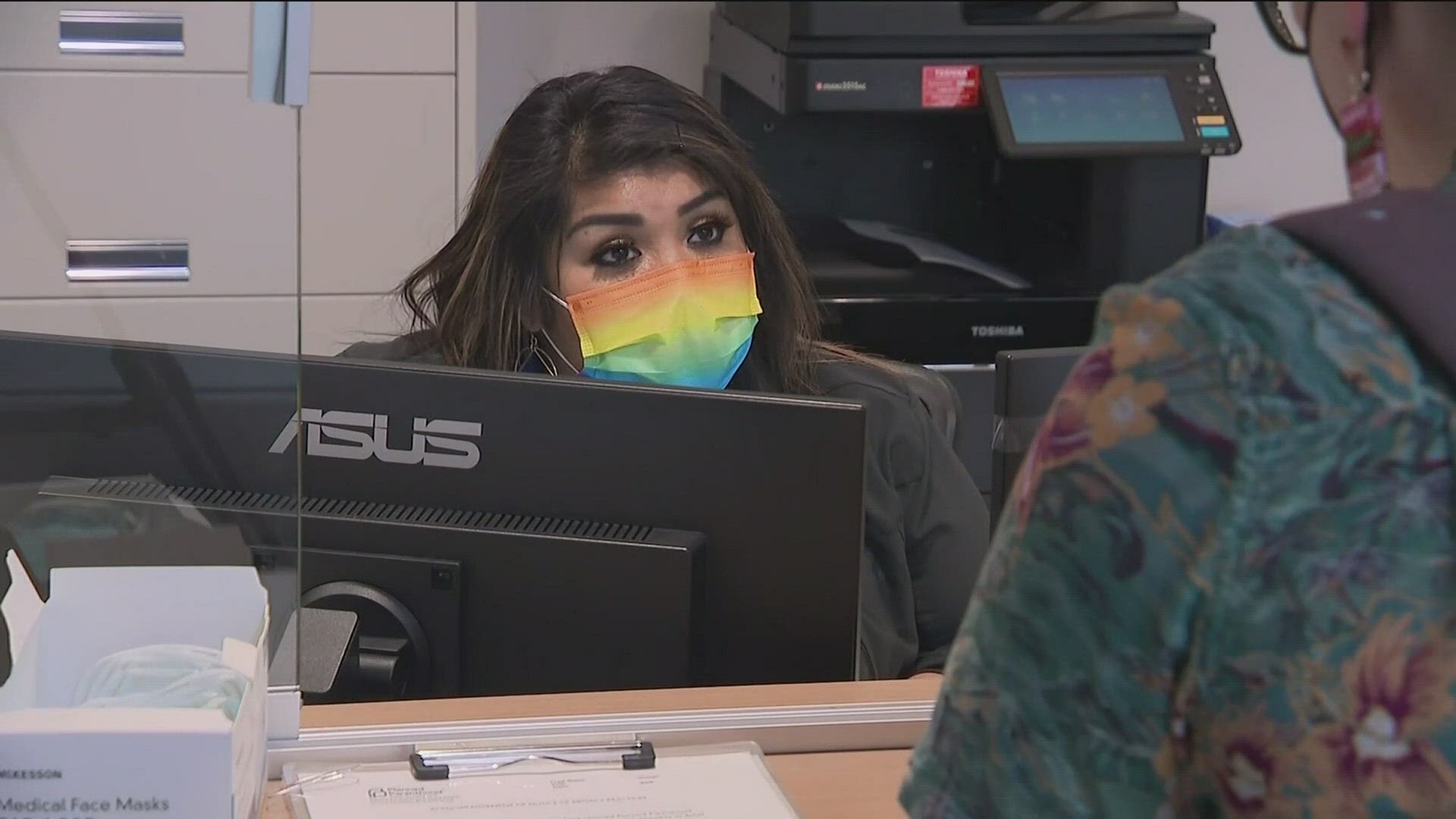ATLANTA — Part of Georgia's law banning transgender care treatments for minors has been temporarily blocked while a lawsuit plays out.
A ruling issued Sunday by Judge Sarah E. Geraghty in the Northern District of Georgia federal court finds a provision of the law, S.B. 140, that bans hormone replacement therapy for minors is "substantially likely to violate the Equal Protection Clause" of the U.S. Constitution.
Several transgender children and their parents, along with the advocacy group TransParent, sued against the law after it took effect earlier this summer.
The two main provisions of S.B. 140 block both hormone replacement therapies and gender reassignment surgery for minors. Judge Geraghty's preliminary injunction did not appear to apply to the provision blocking surgeries, noting Georgia will be blocked "from enforcing the prohibition on hormone replacement therapy for the treatment of gender dysphoria in minors" during the course of the suit.
The law still allows for the use of puberty blockers, but the ruling noted puberty blockers are utilized with hormone replacement therapy as "generally part of a single course of treatment" and that, "while SB 140 does not ban puberty blockers like similar laws in other states, the law is in practice no more or less tailored for this difference."
"So banning hormone replacement therapy effectively forecloses the availability of the course of treatment more generally. In short, the law remains a broad ban on hormone therapy for adolescents with gender dysphoria who have not yet begun such treatment," Judge Geraghty wrote.
The state also argued any preliminary injunction, if it were issued, should be narrowed only to the children who are currently part of the lawsuit - which Judge Geraghty rejected.
When the lawsuit was filed in July, the families and TransParent argued their rights are being violated in that they cannot make decisions about their children's health care.
The law, SB 140, "strips parents of their rights to make critical decisions about their child’s health care" the Southern Poverty Law Center said in a statement.
The state's stance is that such care, which could be permanent, should not be allowed for children who are still developing. The law allows some narrow exceptions to its bans on hormone replacement therapy and gender reassignment surgery, including for treatments of individuals "born with a medically verifiable disorder of sex development, including individuals born with ambiguous genitalia or chromosomal abnormalities" and "treatments for individuals with partial androgen insensitivity syndrome." It also allowed for the continuing use of hormone replacement therapy for anyone who began it before July 1 of this year.
Similar laws in other states have had mixed treatment by the federal courts, with several of them blocked. The Sixth Circuit Court of Appeals however lifted a temporary injunction against Tennessee's law in July, allowing it to take effect during the course of a lawsuit against that law.
Attorneys for the state of Georgia cited that Sixth Circuit ruling in their arguments, with Judge Geraghty writing that, "Respectfully, this Court is unpersuaded" by that ruling.
It's not yet clear when full arguments in the lawsuit will be heard.

